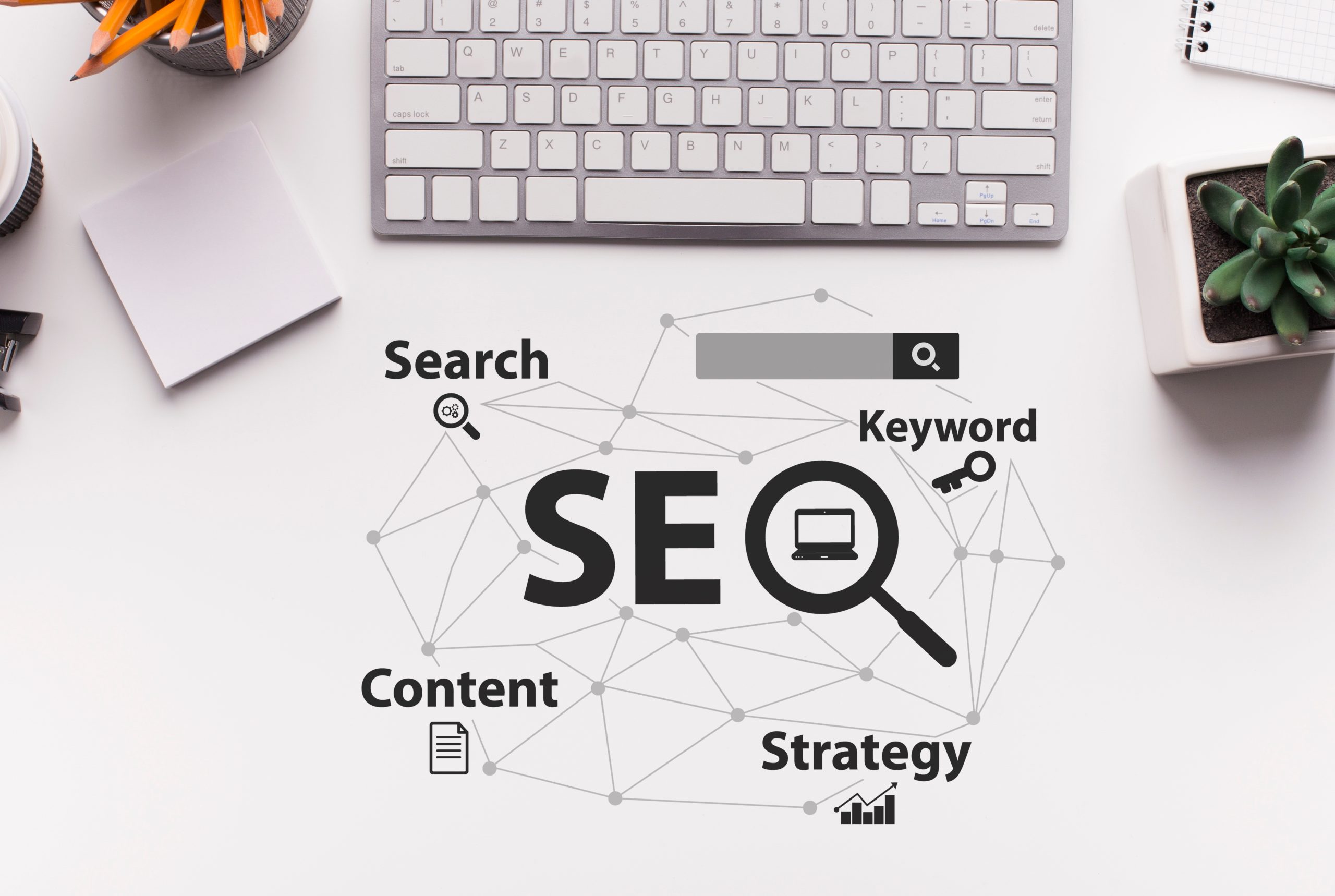
In today’s digital world, having a website isn’t enough, you need to make sure people can find it. That’s where Search Engine Optimisation (SEO) comes in. SEO helps businesses improve their online visibility, attract more customers, and ultimately, increase revenue. Let’s break down why SEO matters and how it works.
SEO helps businesses appear in search results when potential customers are looking for their products or services. By optimising your website for relevant keywords, you can attract the right audience and increase conversions.
Unlike pay-per-click (PPC) ads, SEO focuses on organic traffic. Once your website ranks well, you don’t need to pay for every click, helping you reduce marketing expenses while still generating leads.
Higher rankings mean more visibility. Websites that appear on the first page of search results get significantly more traffic than those buried on later pages. SEO helps you climb the rankings and stay ahead of the competition.
A well-optimised website ensures your business is easily found by potential customers, increasing brand awareness and credibility. If people can’t find you online, they’re likely finding your competitors instead.
SEO is a long-term strategy that involves optimising different aspects of a website to improve search rankings. It can be broken down into three main categories:
This involves optimising the backend of your website, ensuring it runs smoothly and efficiently. Key factors include:
On-page SEO focuses on optimising content so that both search engines and users understand what your page is about. This includes:
Off-page SEO is about building your website’s authority through external factors. It includes:
Google uses many factors to determine how websites rank in search results. Some of the most important ones include:
SEO is a powerful tool that can help businesses grow by increasing visibility, driving organic traffic, and improving credibility. While it requires time and effort, the long-term benefits far outweigh the costs. Investing in SEO today can put your business on the map and ensure sustained success in the digital marketplace.
Need help optimising your website? Get in touch today and let’s boost your search rankings!
Table of Contents